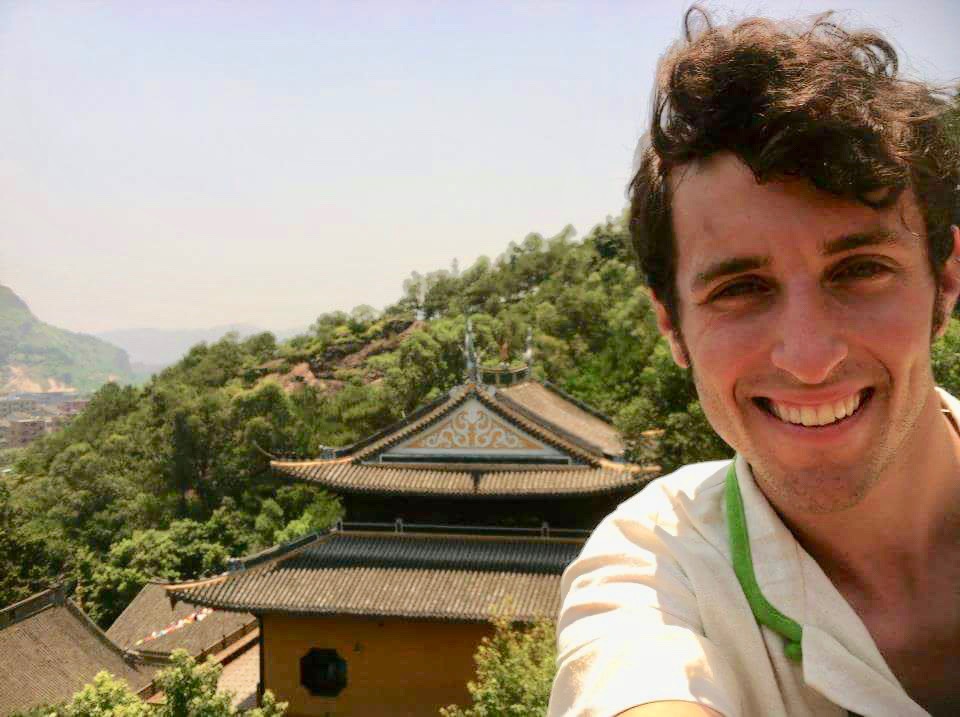
Keith Gildea
Mechanical Engineer
Long Island, New York.
I went to college at Boston University for film. I graduated and stayed for an extra year to make it in film and theater, but that didn’t work out. Then I moved back home to New York to try there, but that also failed. The idea of being a starving artist is kind of romantic when you’re not in it, but I had to work a lot of jobs for free and I couldn't afford anything, so I had to move in with my parents. It was tough always having to find new work. I kept having the door slammed in my face. Everyone says you just need to get your foot in the door; for me, I kept feeling like I would just get my foot in the door, and then they would never call me back. It kind of wears on you after a long period of time. I felt defeated and didn’t even know why I was still working in that industry.
I was going through all this stuff and thought, am I really in love with film and theater that much? No, I’m not. I like movies and watching plays, but it’s not my life. Looking back on things, I realized I just like making things. They didn’t necessarily need to be movies (that’s what I liked making at 18). It kind of took living on my own for a while to choose something that suited me more, which was engineering. To a lot of people, it seems weird to go from something artistic to something mathematical, but I really like problem solving. I was always very into figuring out how things worked and how to make things. On sets, I liked rigging lighting, which is really all engineering. Even though that wasn’t necessarily mathematical, you had to “MacGyver” things. It accessed that part of brain that had to with problem solving. I also realized I missed math; it was my best subject growing up.
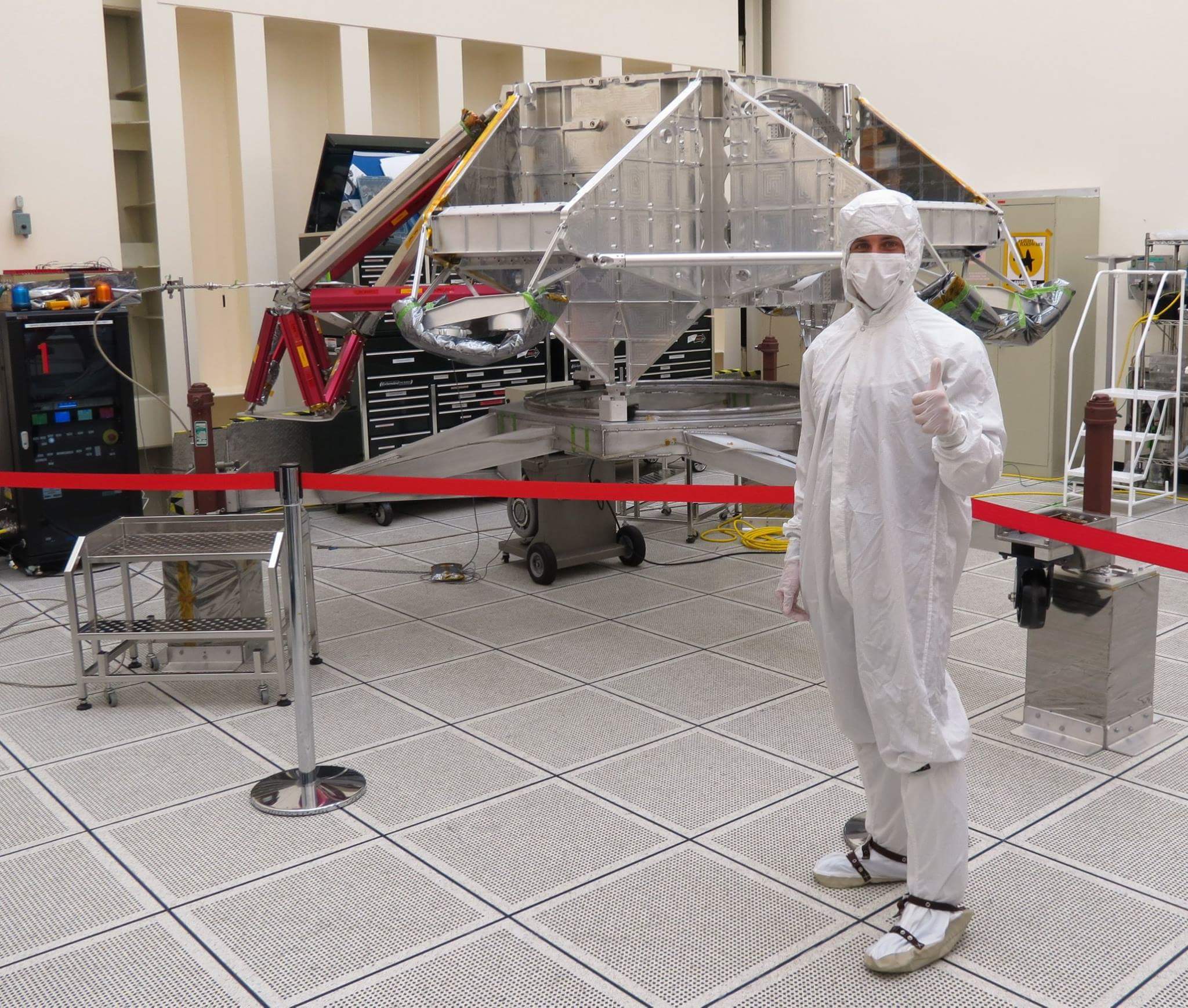
Feb. 22, 2012. I remember the exact moment. It wasn’t a gradual thing, it was an all-of-a-sudden thing. Two weeks prior to that, I got fired, dumped, and into a huge fight with a friend, all within one week. I was pretty bummed, hanging out at my parents’ house feeling like, What has my life come to? I thought I had potential but I felt like a waste of space. I started seeing a therapist and questioning my life choices and feeling like I was too old to do anything then.
That day, though, my parents were asleep and I was getting ready to watch The Daily Show with a glass of milk and Oreos. I was about to turn the TV on, but before I did, I thought, What if I just changed my life around? I made a list and started writing how I could get myself out of where I was: Get a job as a waiter or something and move out of my parents’ house. Beneath that were two columns. One: Continue doing artist-related things—I made a list of potential jobs I could pursue, but as I was writing it, I realized I was just pulling things out of the air trying to be someone I’m not. Two: Math and science, which is what I love. I always read non-fiction books about math and science. It was what really interested me and made me feel connected and fulfilled in the world. I realized, why couldn’t I do this? Maybe it’s not too late for me.
I started talking to a career counselor and people I knew who were engineers, calling schools and talking to professors about their fields. It started coming together that engineering was it for me: It’s practical, they’re paid well, it sets you up for a decent life. But more importantly, that career really goes with my skill set: I really like math and science, putting things together, and seeing how they work. Over the next several weeks, I got a job as a waiter in NYC and started looking into schools to go to. I wanted to stay in New York and I liked NYU a lot, so that was the only school I applied to — and I got into their bachelor’s degree program in mechanical engineering. That summer, I re-taught myself high school math. It came right back; that was my forte.
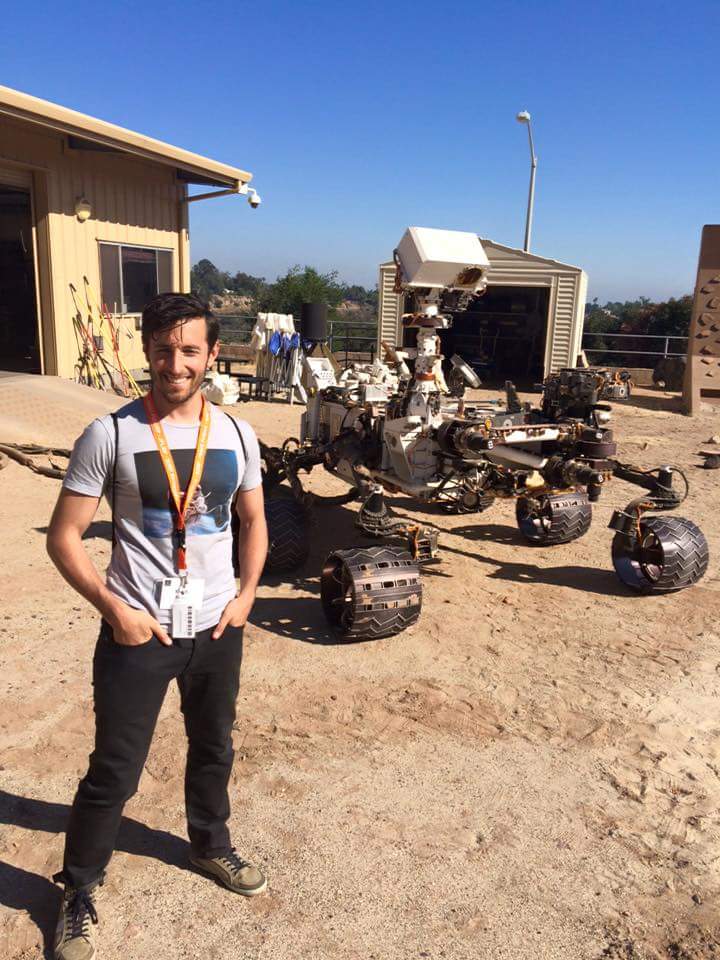
I always thought space was cool. When I realized I should be an engineer, fairly soon after that, I was almost on a high from that. I felt so low for so long working in the film industry. I realized what my solution was and it felt really good and I kept expanding on it and pushing the boundaries. Maybe I can go back to school and get an engineering degree, and while I’m at it, why not strive to do the pinnacle of space engineering? I could work for NASA.
I signed up for newsletters to get updated on space missions. At that point, I discovered what the Jet Propulsion Laboratory was and signed up for their weekly newsletter. That’s when I found out the Curiosity rover was going to land on Mars in 2012, which was one month before I started my freshman year. I was at a party at a friend’s apartment the day it landed. I excused myself for a few minutes and tuned into the live webcast while people were dancing in the room next door. I watched that unbelievably complex and unimaginably cool landing sequence occur in real time with a true sense of awe. When confirmation of touchdown came through and mission control exploded in celebration, I decided that is where I’m going to work. Every step I took from that point until I formally accepted a job offer was with the intention of getting to JPL. That’s what sealed the deal for me.
I started my four-year engineering degree at NYU in 2012 after Curiosity landed. I was intensely focused on school. I knew I was competing against the best to work at JPL. I made sure my G.P.A. was really good, and I heard about engineering internships at Honeybee Robotics, which built part of Curiosity for JPL. I walked in and asked them for an internship. They interviewed me and gave me one. I wanted to meet someone who could put me in touch with someone at JPL. They did do that, but I actually got accepted on my own from the online application process for an engineering internship at JPL in the summer of 2015.
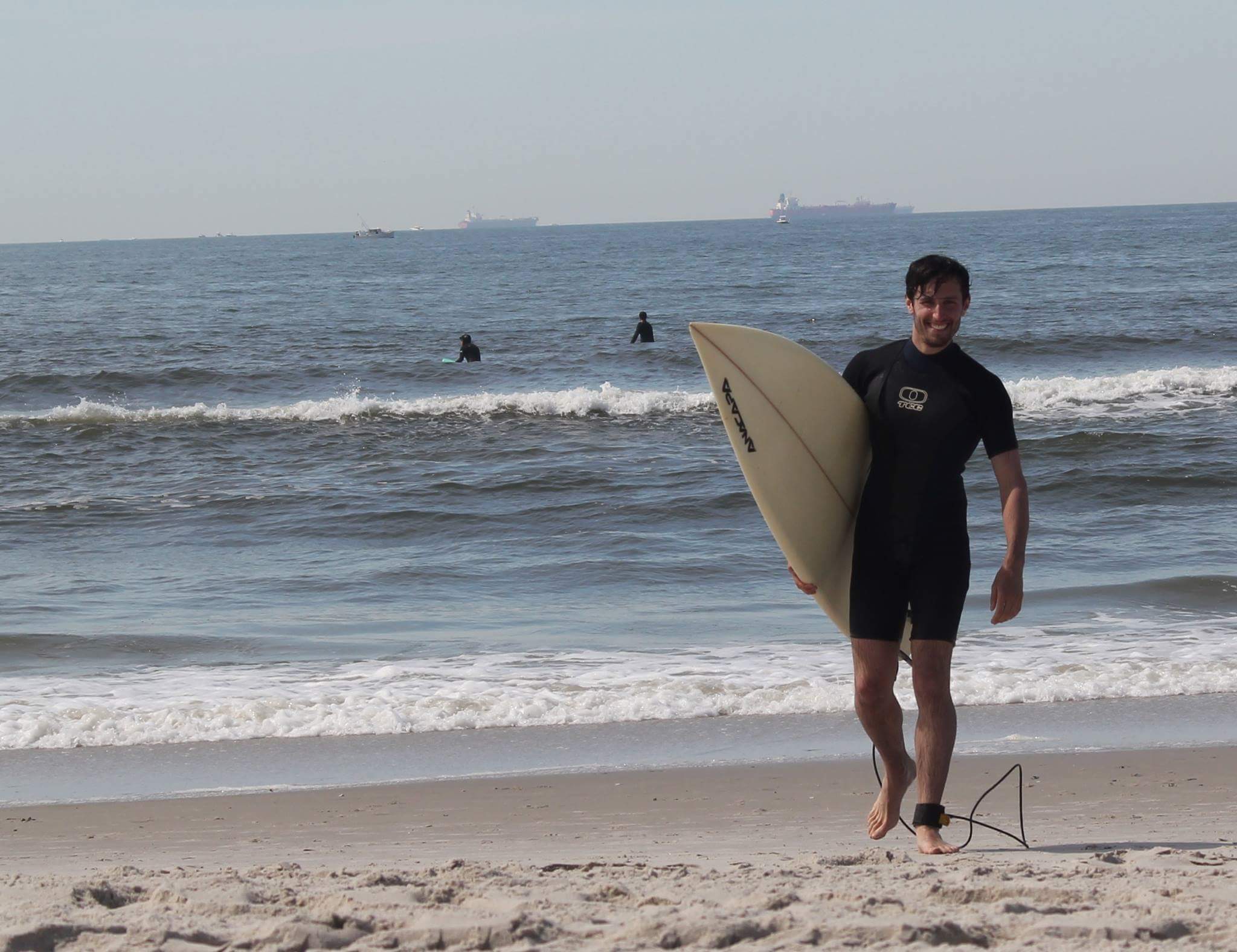
I took out loans when I first started my second bachelor’s degree. I had no idea how things were going to go. I didn’t know if I was going to start and be the biggest idiot. I didn’t know if I was going to be a genius. My intention was only to focus on school, so I took out a fairly large loan so I could live on my own. I got a grant from the school, too; my parents weren’t helping me pay for anything. I did get a part-time job as time went on and I luckily ended up working for a small company in New York City that was designing a drone for photography. I realized that going to school as an adult was so much easier; I was only focused on doing well in school and didn’t have to worry about learning how to be an adult like most other college kids.
While I was an intern, my bosses knew how much I wanted to work here. They were OK with me taking time off to meet other group supervisors. I got a list of all the group supervisors in the two sections I wanted to work with—flagship missions like Mars 2020 and Europa Clipper and on smaller spacecraft. I went in and talked to them, not saying “I want you to hire me,” but kind of interviewing them and seeing if I would want to work with them. After I finished that internship, I was back in school for my senior year. I stayed in touch with one of the group supervisors—that fall, she said to watch out for an email from HR. I wasn’t even finished with my first semester yet when I had a job lined up.
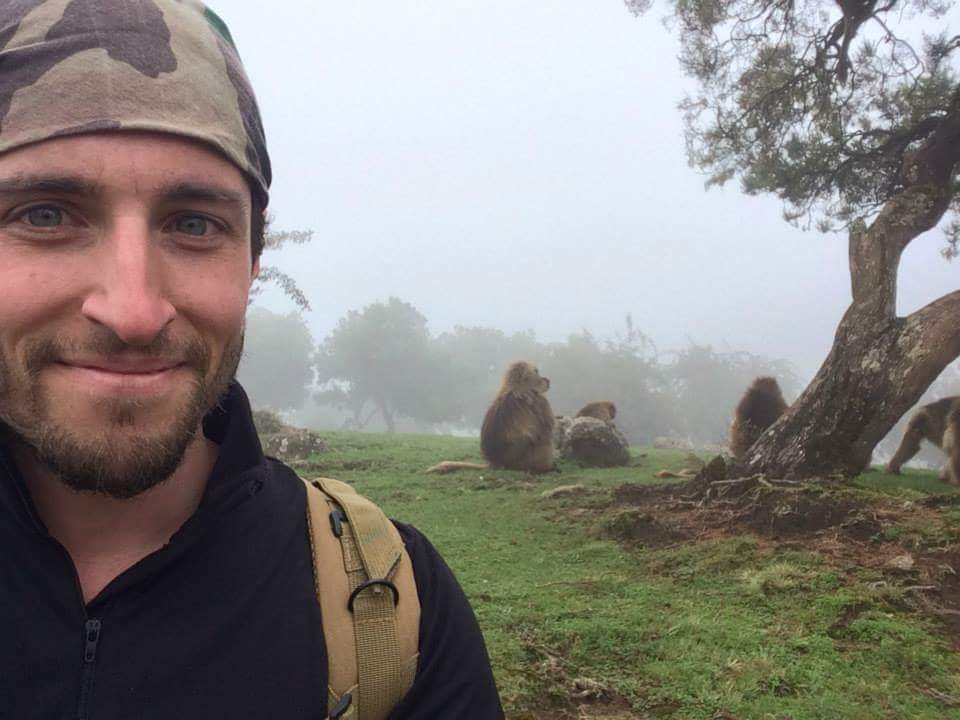
I’ve actually done a lot of different things—a few environmental tests, both thermal cycle and vibration, on different hardware. For these tests, I needed to design what we call ground support equipment and have it fabricated. It’s basically non-flight hardware that we use for various reasons during the test. For example, I made a large mass model that simulated the mass properties of flight hardware. I also had to do all the prep work for these environmental tests, which includes writing up procedures for it, signing lots of documents, giving reviews to higher-ups to make sure everything is in order, and leading the assembly of all the hardware prior to the test. And then, of course, dealing with the slough of problems that occur during testing.
I’ve also done a bit of mechanically assembling flight hardware, which involves a lot of planning and writing procedures. I’ve done a few “pull tests” of some pieces called waveguides to characterize how strong they are held together. I’ve also done a few more random things: I designed and performed a test that characterized the dangers of bridle snag. Bridles are the nylon ropes that hold the rover as it gets lowered onto Mars’ surface, and we were worried about them snagging things on the rover’s top deck. Basically, anytime my bosses have something mechanical that needs to get done, I try to make that happen.
Don’t be afraid to reach out to people, whether it’s where you want to work or just people in the field. People are very helpful and will want to give advice. You should never, ever expect something to come to you. Don’t have a dream to work somewhere and expect to just go through school and apply and get accepted and everything will work out. You must put in time outside of school. I encourage people to make their resume unique. What’s going to make you stand out? When you write a cover letter, don’t be flat and uninteresting. Let your personality come through. I liked being myself. You’re a person—show them you’re a person and not a piece of a paper.
I also encourage people not to go to college right after high school. You should experience working a menial job and living off of that before you go to college so you know what it’s like.
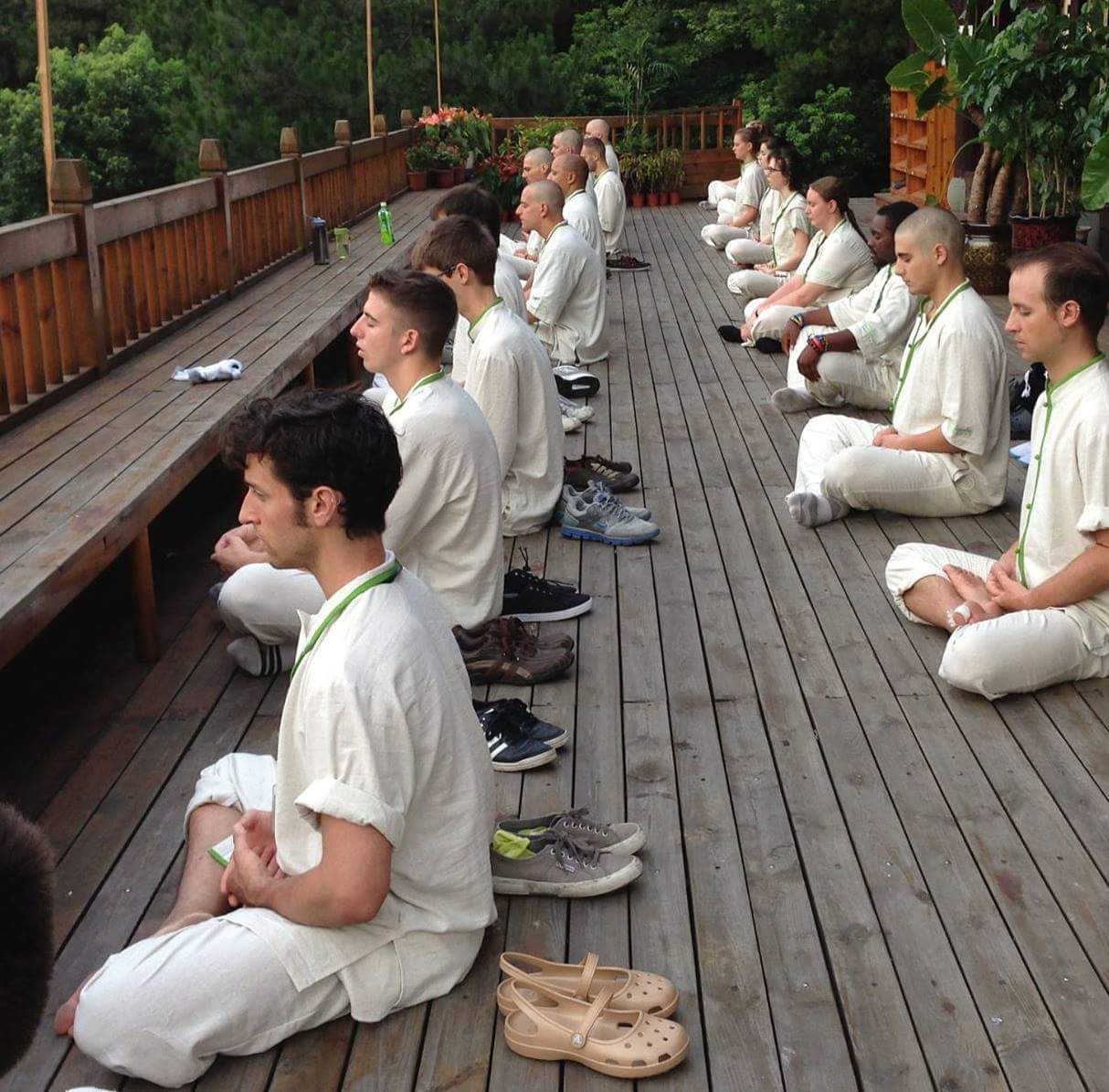
I’ve been on every continent except for Antarctica. The most interesting journey was living as a monk in monastery in China for a month. Some highlights were we had a week of silence, so I didn’t talk for an entire week and meditated most of the day. That was hard, especially near the end. We were also on a strict vegetarian diet. The food was delicious, but I didn’t realize how addicted to salt and sugar I was until I was there. After a few days, I would have intense cravings for foods like nachos, steak, or Oreos. At one point, we were all lined up and were about to do some walking meditation. The leader of the group was talking to all of us and instructing us on what we were supposed to do. He said as we walk, we should try to visualize in front of us a person who we love very much. The first thing I thought of was a hot dog.
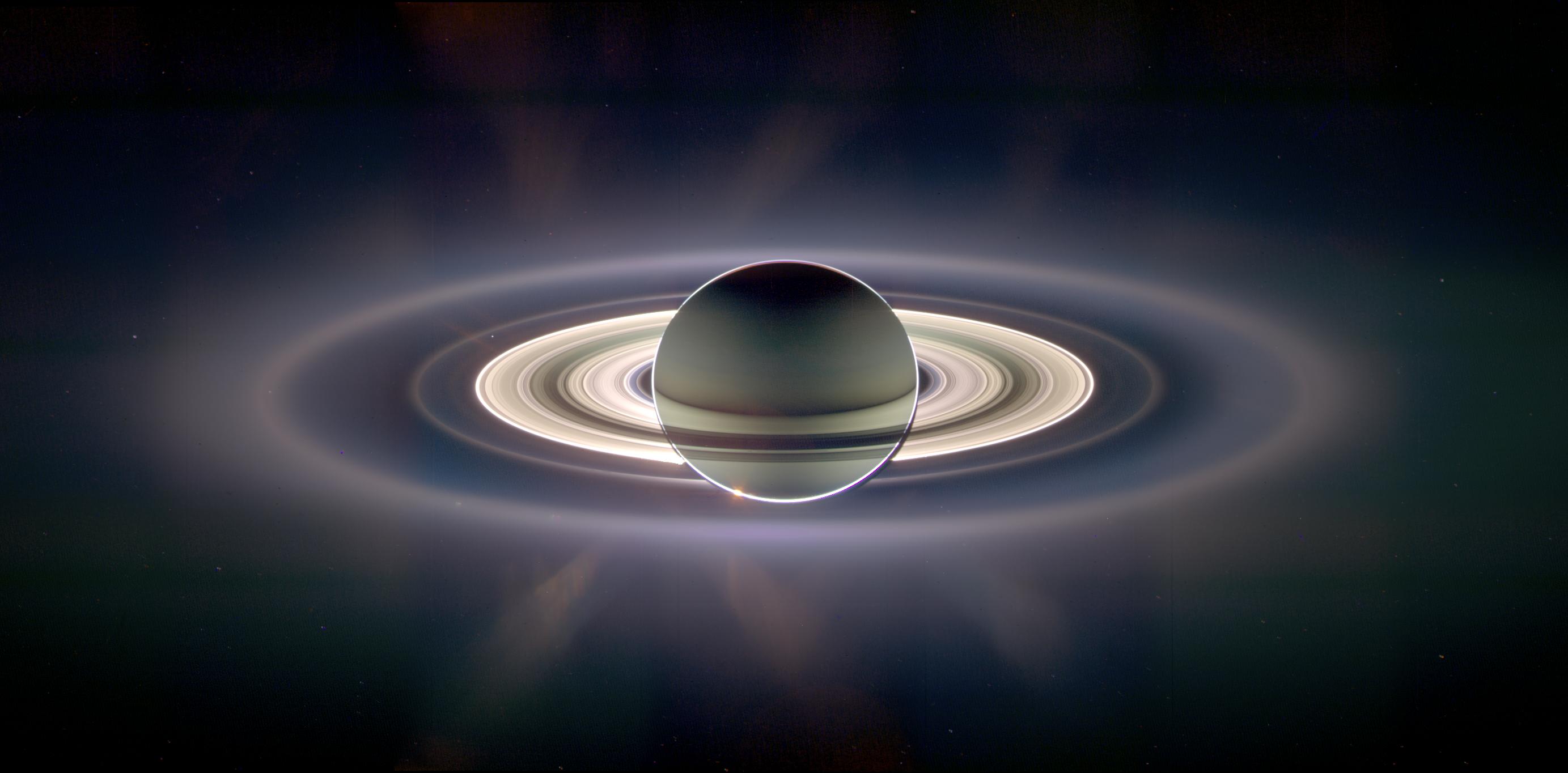
I would say this one Cassini took of Saturn. I saw this image my freshman year of school at NYU while sitting in a bar I worked at. I had already decided I wanted to work at JPL at that point, but I think this solidified it.
Planetary science is a global profession.

